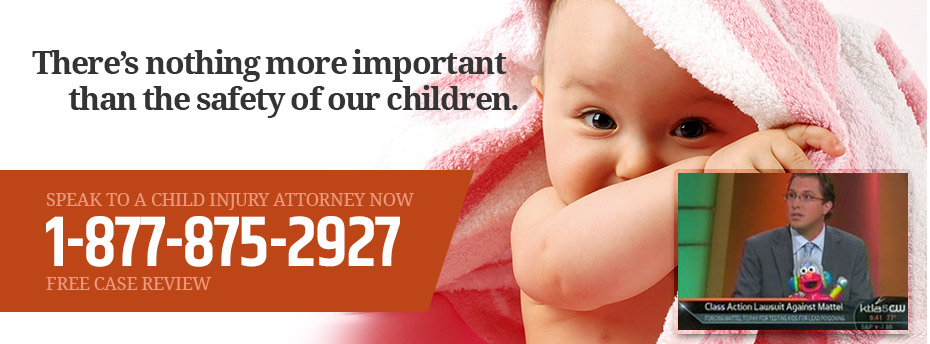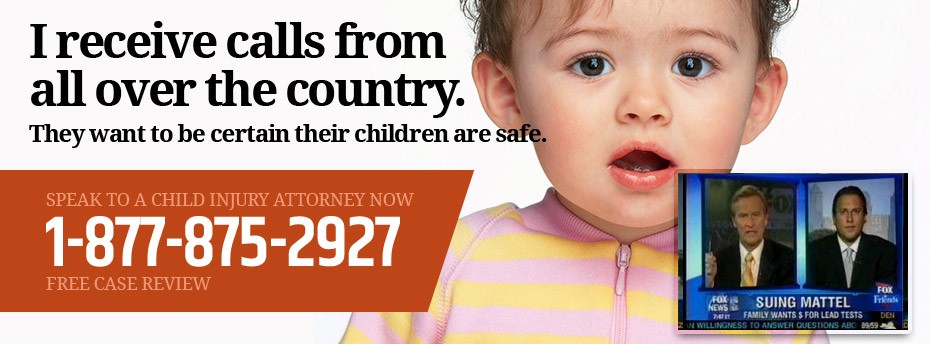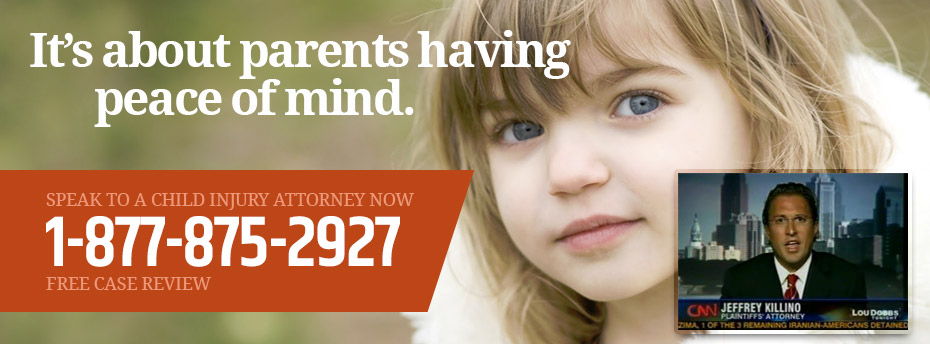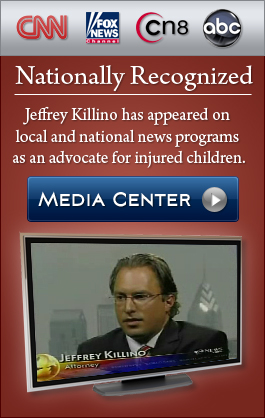Child abuse comes in many different forms, and not all of them involve some sort of physical contact. Hurtful words directed at a child, for example, may have emotional or psychological effects that can harm a child as seriously—or even more seriously—than some incidences of physical or sexual abuse.
If your child has suffered from a form of emotional or psychological abuse, you may be entitled to compensation for the harm sustained by your child. Contact child emotional-abuse attorney Jeffrey Killino at 877-875-2927 to learn more about your legal options.
What is emotional abuse?
Emotional or psychological abuse may include any sort of action directed toward a child that hinders a child’s emotional development. This form of maltreatment may come in the form of verbal abuse, physical abuse, or both. Examples of emotional abuse include incessant discouragement, failure to show love or affection, extreme penalization for positive actions or normal behavior, failure to provide food or care when the child disobeys, or frequently yelling at or humiliating a child. According to the American Humane Association (AHA), children who suffer severe emotional abuse can grow to suffer from low self-esteem or fail to thrive and even die as a result.
While emotional abuse is one of the less common forms of child mistreatment (amounting to approximately 6.6% of all reported abuse cases in 2006, for example), it has the potential to severely affect a child’s well-being when it does occur.
What are the signs of emotional abuse?
A child who has been subjected to frequent emotional abuse will exhibit certain telltale signs that are indicative of the abuse, including the following:
- Behavioral or personality changes
- Unusual aggressiveness or unwillingness to cooperate
- Anti-social behavior
- Inability to develop good relationships with peers
- Clingy behavior
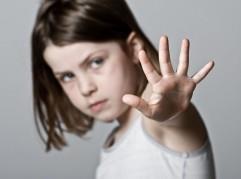
If your child exhibits any of these symptoms and you suspect that your child has been or is being subjected to emotional or psychological abuse, you are well-advised to remove your child from the situation you suspect to be the cause and seek professional assistance from the authorities, healthcare providers, or both.
Legal Liability for Emotional or Psychological Abuse of a Child
An action to recover damages for the emotional or psychological abuse of a child may be brought, under certain circumstances, as an action for the intentional infliction of emotional distress.
Actions for the Intentional Infliction of Emotional Distress
The Restatement (Second) of Torts, which embodies the tort law followed by most states, recognizes actions for intentional emotional distress as distinct tort actions. In other words, recovery for the intentional infliction of emotional distress may be allowed in the absence of a finding that another tort that resulted in emotional distress—such as one that caused a physical injury has been committed.
Recovery for the intentional infliction of emotional distress is limited, however, to cases in which the plaintiff has established both that the defendant’s conduct was extreme and outrageous and that the plaintiff’s resulting emotional distress was severe.
- Proof Required in Actions for Intentional Infliction of Emotional Distress
The particular circumstances of the case, which include the relative ages of the plaintiff and defendant, the relationship between the plaintiff and defendant, and the repetitive nature of the abuse, will be considered in relationship to the establishment of the egregiousness of the defendant’s conduct and the severity of the plaintiff’s resulting emotional distress.
If, for example, the plaintiff is a child and the defendant is a teacher or caregiver of the child, the defendant may be found to be in a position of power with respect to the plaintiff, and the child-plaintiff may be found to be a plaintiff who is especially vulnerable. Both these factors may be considered in assessing the existence of extreme and outrageous conduct on the part of the defendant.
Actions that might have been acceptable if seldom engaged in or engaged in only once may be seen to constitute extreme and outrageous conduct on the part of a defendant if they have been engaged in repeatedly.
- Damages Recoverable in an Action for the Intentional Infliction of Emotional Distress
The injury alleged to have been suffered by a plaintiff in an action for the intentional infliction of emotional distress is generally described as “mental anguish.” If the intentional infliction of emotional distress results in bodily harm as well as emotional harm, however, recovery for the physical harm may also be obtained. The physical or bodily harm must be found to have been caused by the emotional distress, however, in order to be recoverable in this cause of action.
If a child has been the victim of intentional infliction of emotional distress and suffers from stomachaches, headaches, skin conditions, or other physical reactions to the severe emotional distress caused by the defendant’s actions, for example, the plaintiff-child may recover damages for the emotional harm and any costs associated with the physical harm, as well.
Contact Us
If you believe that your child has been emotionally or psychologically abused, contact emotional-child-abuse lawyer Jeffrey Killino at 877-875-2927 for compassionate and experienced assistance with your case.
